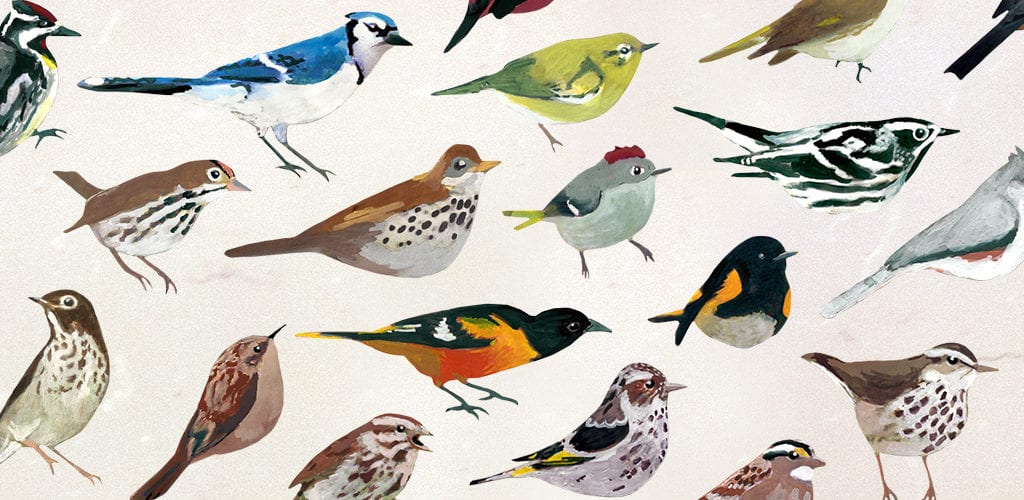
Carnegie Museum of Natural History and Innovation Studio released a bird app that lets users wake up to the soothing calls of local birds.
Dawn Chorus, a new bird alarm clock, was released in March and is now available to download for free on the Apple App Store and the Google Play Store. Users can hear randomly selected birds each morning or choose from 20 birds to create a custom alarm.
“This app is a beautiful way to incorporate nature into your everyday life,” Eric Dorfman, the Daniel G. and Carole L. Kamin Director of Carnegie Museum of Natural History, said. “Its utility and artistic design make it appealing to everyone from casual bird watchers to professional conservationists.”
When the alarm goes off, birds begin to appear in trees to create a chorus of song. Users can hear randomly selected birds each morning or choose from local birds like black-capped chickadees and magnolia warblers to create a custom alarm. All of the birds are native to the northeastern United States, and users can hear their calls and learn more about them on bird cards developed with museum scientists.
“What is really exciting about this project is that it brings the museum into users’ daily lives in a utilitarian way,” Jeff Inscho, director of Innovation Studio, said. “This is our first foray into exploring the potential for museums to embed themselves into everyday lives using technology.”
Innovation Studio is the design, development, and workflow laboratory at Carnegie Museums of Pittsburgh, where it supports a culture of innovation throughout the museums.
Many of the birds chosen for the app are species that Carnegie Museum of Natural History scientists have studied or birds that are frequently banded at Powdermill Nature Reserve, the museum’s environmental research center in Rector, Pennsylvania. Other species were selected because they are frequently impacted by window collisions—a phenomenon that the museum helps study and prevent as part of BirdSafe Pittsburgh.
“Window collisions kill up to 1 billion birds each year in the United States alone,” Matthew Webb, urban bird conservation coordinator at Carnegie Museum of Natural History, said. “BirdSafe is a local partnership that engages citizen scientists in researching the issue.”
Dawn Chorus has been downloaded about 3,000 times since it was released and is being used in eight countries across four continents.
Ashley Cecil, the museum’s artist in residence in 2016, contributed artwork to the app, and local bird photographer Steve Gosser allowed the museum to use his photos. The bird sounds were acquired from the Macaulay Library at Cornell University.
